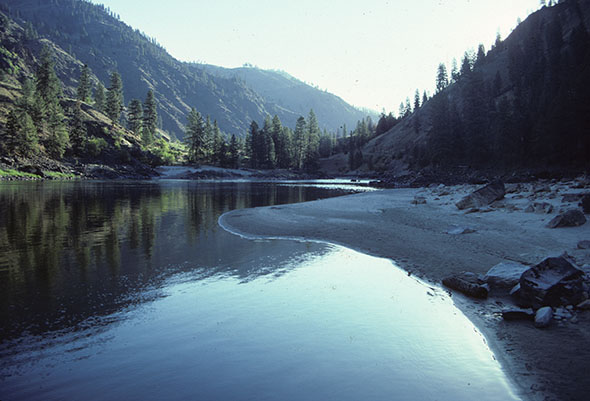"Twenty years from now, you will be more disappointed by the things you didn't do than those you did. So throw off the bowlines. Sail away from safe harbor. Catch the wind in your sails. Explore. Dream. Discover." - Mark Twain
Pierre Pulling's Canoe . . .
This extraordinarily beautiful birch bark canoe was crafted by the grand master of Indian canoes Henri Vaillancourt. It was made in the early 1970s for the late Pierre Pulling, professor emeritus at Idaho State University, to be used in a film on canoeing technique.
Before shipment to Pocatello, the canoe was used by Vaillancourt on a journey north of the Moosehead Lake area in Maine which was vividly described by McPhee and forms the basis of his book.
From the 1920s to the 1970s, the colorful and erudite Pulling was an outspoken advocate of the highly efficient, but largely ignored, Native American style of canoeing. Due in part to Pulling's efforts, most flatwater canoeing technique now taught by organized groups is rooted in native style.
Vaillancourt would be pleased too. "He seems to regard each canoe, as his own forever," McPhee wrote of Vaillancourt, "and his profoundest hope is that it will survive its owner and then be passed on to a museum."
More About Pierre Pulling
Everyone at Idaho State University always knew him as Pierre, but his real name was Albert Van Siclen Pulling. His life straddled two centuries. Born in the waning years of the 1800’s when travel from town to town was primarily by horse, he would see and experience unimaginable changes in his lifetime—from the rise of automobiles, to the invention of the airplane, to the landing of men on the moon.
But there would be one theme, a throwback to early years, which remained a constant throughout his life, and that is canoeing. As a young man, in the early twentieth century, he learned the Indian style of canoeing from those who knew it best: the Abnaki and Huron Indians of Canada.
He was the one pale face amongst all-Indian crews that freighted supplies to remote locations in the Canadian wilderness. He continued guiding and working for summer camps, but upon reaching adulthood, he obtained a degree in Forestry from Syracuse University and then a masters degree from the University of Michigan.
The bulk of his professional life was spent in Pocatello. He taught biology for Idaho State University—except during most of those years, the institution was known as Idaho State College.
He went on frequent canoe outings, often to the network of streams crisscrossing the Fort Hall Reservation, and taught hundreds of colleagues, students, and friends how to canoe—the “right” way.
He authored four books on canoeing: Elements of Canoeing (1933), Principles of Canoeing (1954), Indian Canoeing (1976), and Canoeing the Indian Way (1979). Upon reaching midlife, he worked with national scout and youth organizations to change their instructional programs to teach the highly efficient native method of canoeing.
Pierre passed away in 1980, but few would disagree that there is no better monument to his legacy than this birch bark canoe – made especially for him by age-old, Native American tools and methods.
Our thanks to Steve Walker of Walker Engineering whose vision and foresight helped preserve this important piece of history.
Outdoor Education Links
Brief Descriptions of Outdoor Classes Course Syllabi & Course Information Great Video on Outdoor Recreation at Idaho State
|
___________________
We have subsidiary sites for Idaho State Outdoor Education at the following:
---
Search Phrases Associated with Idaho State University Outdoor Education Degree Program:
College Outdoor Education, College Outdoor Programs, Outdoor Education College Programs, Outdoor Education Degree Programs, Outdoor Recreation Degree Programs, College Outdoor Recreation Programs, Outdoor Recreation College Programs, Outdoor Education Schools, Outdoor Recreation Schools, Experiential Education College Programs, Outdoor Colleges, Best Outdoor College, Best Outdoor Universities, Outdoor Education College Programs, Outdoor Education Curriculum, Outdoor Education Schools, Experiential Education Programs, College Outdoor Education Programs, College Outdoor Recreation Programs, Outdoor Recreation College Programs, Outdoor Recreation Curriculum, Outdoor Recreation Schools, Outdoor Education Academic Programs, University Outdoor Recreation Program, University Outdoor Education Program, Outdoor Education Academic College Programs, Outdoor Recreation College Programs, Outdoor Recreation University Programs, Outdoor Recreation Curriculum, University Outdoor Programs, College Outdoor Programs, Collegiate Outdoor Recreation Programs, Collegiate Outdoor Education Programs, Collegiate Outdoor Recreation Programs, Outdoor Studies Programs, College Outdoor Studies Programs, University Outdoor Studies Programs, Outdoor Studies Academic Programs, Colleges that offer Outdoor Education, outdoor education major schools
[END]
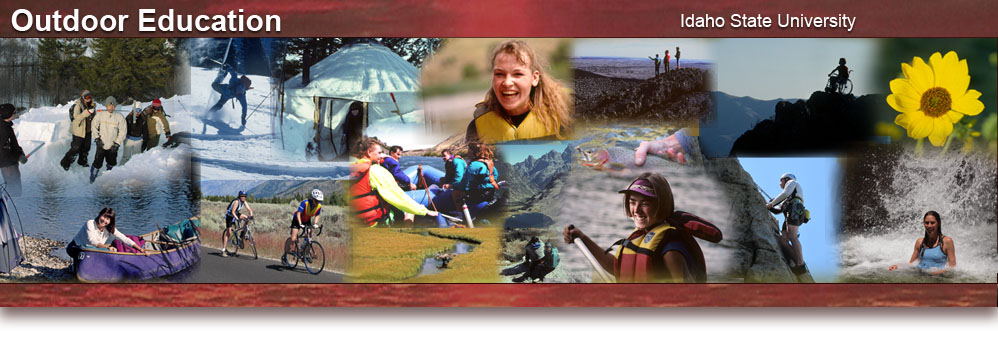
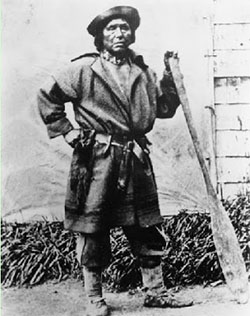
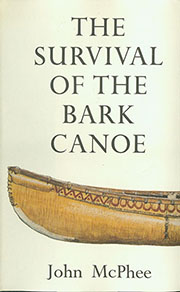
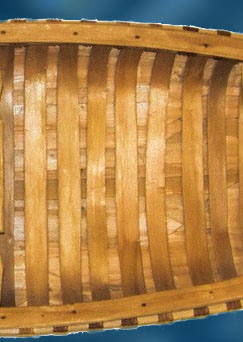
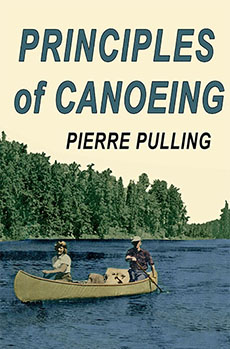

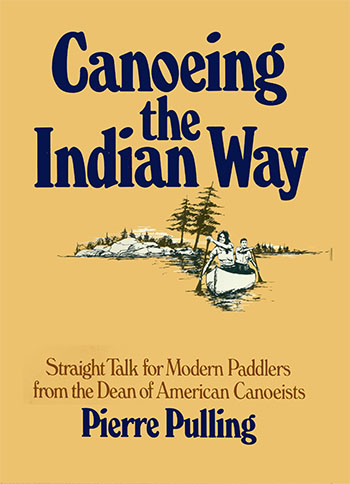
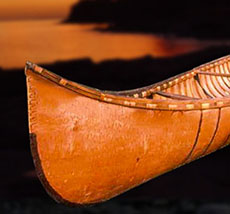
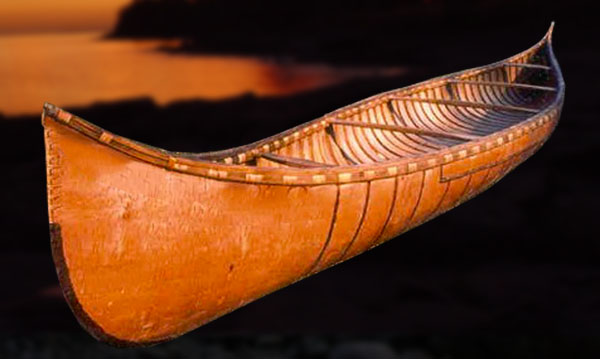
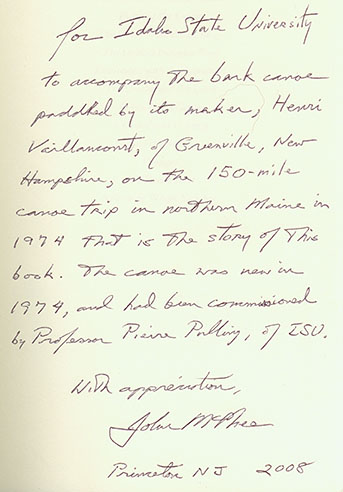 Vaillancourt constructed the canoe in the same manner and with the same tools that Native Americans used. The bark was sewn and lashed to the gunwales with split roots of spruce. No nails, screws or rivets were used.
Vaillancourt constructed the canoe in the same manner and with the same tools that Native Americans used. The bark was sewn and lashed to the gunwales with split roots of spruce. No nails, screws or rivets were used. 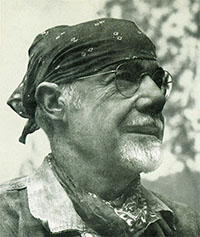 Pierre Pulling, for whom the Vaillancourt canoe was made, is an important figure in the canoe world.
Pierre Pulling, for whom the Vaillancourt canoe was made, is an important figure in the canoe world. 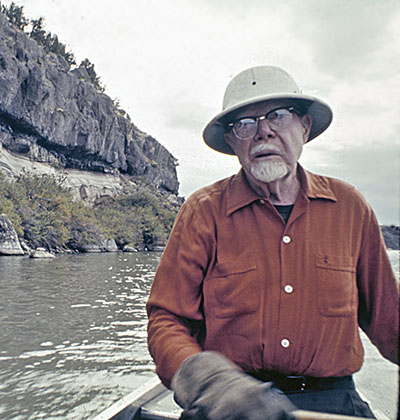 After he retired from teaching, nearly every week in the summer, he would show up at the Student Union with his truck and his canoes in tow. Wearing his signature white pith helmet and beaded fringed gloves, Pierre would take students on afternoon canoe excursions, all the while reciting poetry and regaling them with stories of his freighting days.
After he retired from teaching, nearly every week in the summer, he would show up at the Student Union with his truck and his canoes in tow. Wearing his signature white pith helmet and beaded fringed gloves, Pierre would take students on afternoon canoe excursions, all the while reciting poetry and regaling them with stories of his freighting days.